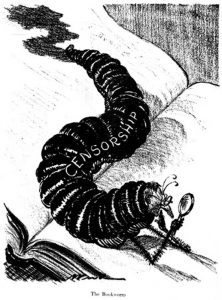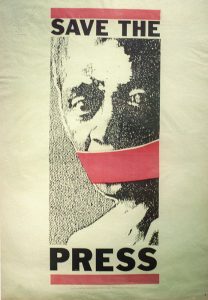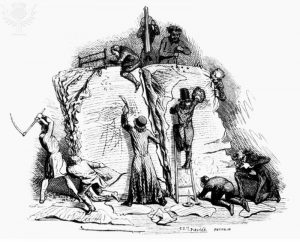
CENSORSHIP CARTOON, 1925. – ‘The Bookworm.’ Cartoon, American, c1925.. Fine Art. Britannica ImageQuest, Encyclopædia Britannica, 25 May 2016.As refreshing as the trip to the Ozarks was, I am glad to be back to class. I reread Cris Crutcher’s blog post, “How They Do It,” it detailing how a single parent and their usage of vitriolic language and media to remove Cris’ book, Whale Talk, removed from the curriculum of a school that their child did not even attend. The audacity to do so, it is one thing to not let your child attend public school, due to not wanting them to a be exposed to certain elements that perforate the American educations system. Though I would argue that in doing so this is only a debilitation to the offspring, not any kind of boon. However, it is a whole another concept to have a book removed from a curriculum from a school that your child was not enrolled in. Again, the audacity is mind-boggling. Unfortunately, book censorship is not just censoring the text, book censorship is also the censorship of ideas. A by-product of my upbringing in what would be considered a super-conservative household, even by bible-belt standards, this is absolutely appalling, and although some ideas and books should be censored, such as the teachings of violent groups or their works. Ideas and text should not be censored due to it makes the parents uncomfortable, at the idea of their offspring reading Lord of the Rings, The Chronicles of Narnia: The Lion, The Witch, and The Wardrobe, or the Harry Potter series. Books such as these or even the countless classics that have been banned are not benefiting the child of the horrors of the book, it is only stripping them of life lessons, the ability to develop a new passion, or even being able to feel emotional or spiritual relief, that they may not have been able to experience otherwise. While I do not know if this happens to everyone, but for me, books were my safe place, where if I had a terrible day, I could be transported to Hogwarts, Middle-Earth, or Narnia, and escape my woes, if only for a short time. Book and Idea censorship is not only slowly stripping away our right to free speech. Now yes, there is an exception if there is propaganda hate speech or the purpose of the book is to cause incitement, but if a book is banned from a school curriculum because two male penguins are hatching an egg. What benefit is there? These bannings are not stepping stones to building a better society, healing our toxic culture, or better preparing our youth; instead, these bannings are but small steps in a direction of the resurgent of fascism, and state-controlled media. No longer would America, be home of the free and the brave, but instead America would be home of the controlled and confirmed.


